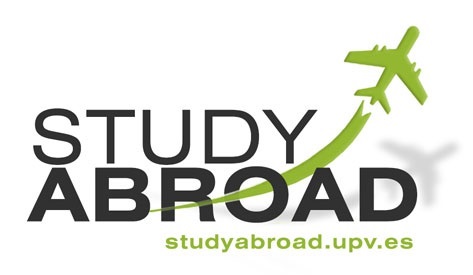
|
|

• Attendance
• Assessments
• Sexual Harassment Policy
• Students With Disabilities
• Academic Honesty Policy
• University Ombudsman
• Statement On Audio And Video Recording
• Syllabus Change Policy
Discrete Mathematics & Theory I
3 Credits | 100 Level | 38 Contact hours
P.D. Magnus et al , Richard. forall x: Calgary Remix. Lulu. com, 2017.
Discrete Mathematics is a course designed to provide the mathematical tools needed for later CS courses.
Proficiency in fundamentals of formal reasoning, including set theory, propositional and first-order logic, functions, recursion,relations, and proof techniques, including inductive proofs. On exit, students should be prepared for learning material on computation theory and computer algorithms, and should be capable of demonstrating fundamentals of a rigorous approach to algorithm and program design and development.
Students should be able to construct formal expressions of problem statements and to reason about and formally prove basic set theory and functional properRes. Students will possess knowledge and skills for fundamental formal reasoning in a complex world.
1. Introduction – Propositional Logic.
2. Proof techniques.
3. First Order Logic.
4. Predicate logic.
5. Mathematical induction.
6. Set Theory.
7. Number Theory.
8. Relations and Graphs.
9. Combinatorics.
10. Runge–Kutta methods.
11. Graph Theory.
•Students should be prepared for learning material on computation theory and computer algorithms
•Should be capable of demonstrating fundamentals of a rigorous approach to algorithm and program design and development.
•Should be able to construct formal expressions of problem statements and to reason about and formally prove basic set theoretic,
functional and counting properties
Your grade will be determined from homework, two in class exams and a final exam:
• Agendance and participation in class (10%).
• Two in class exams 70% (35% each)
• Homework 20%
|
